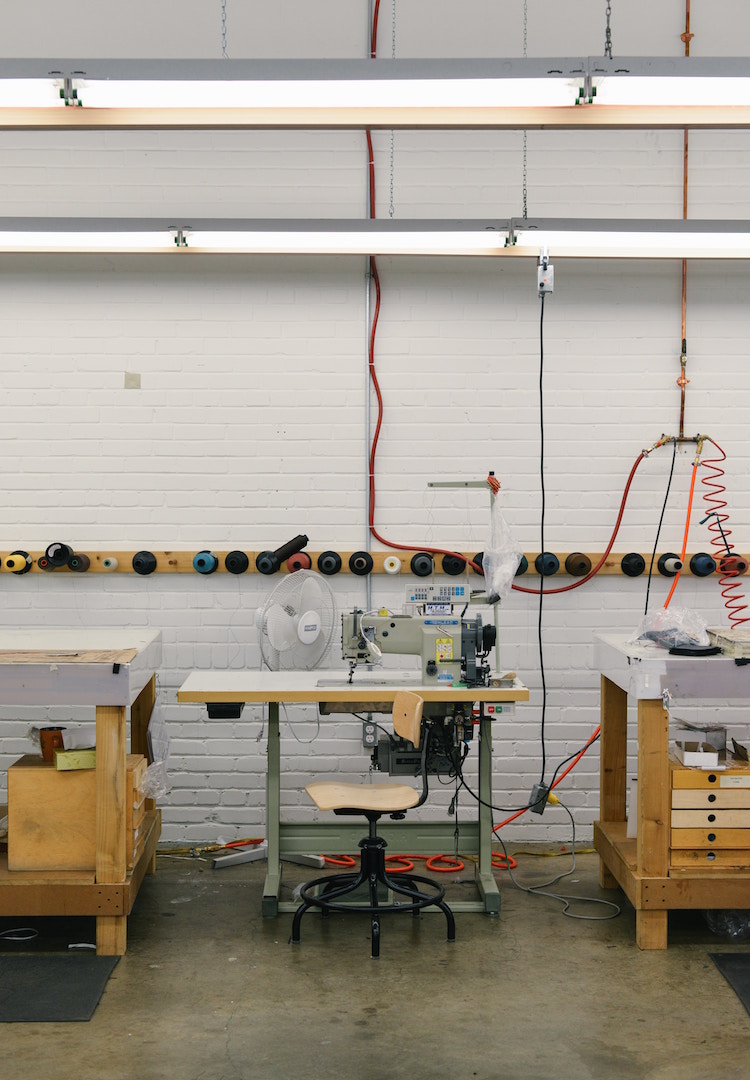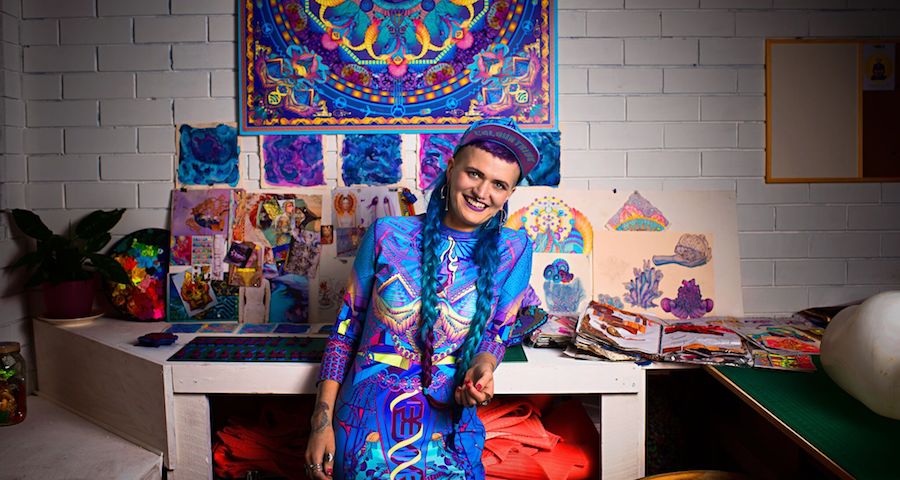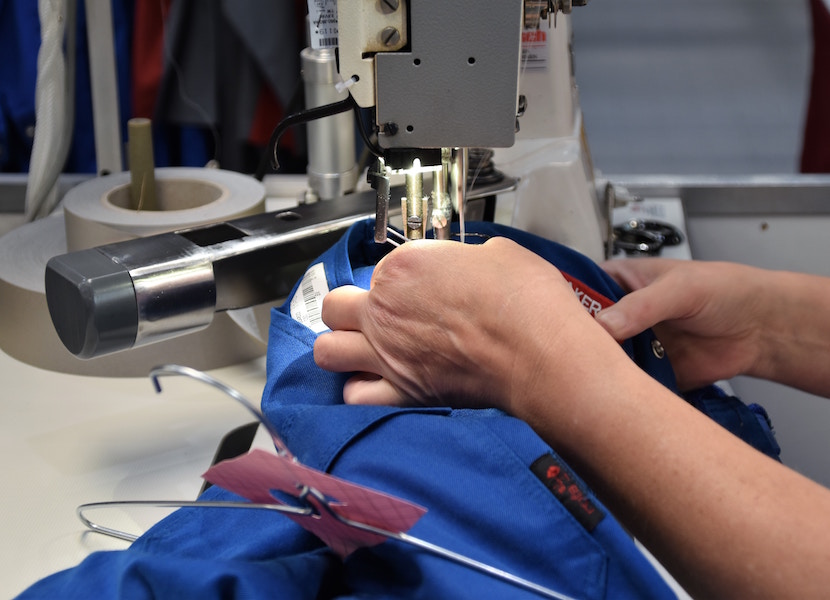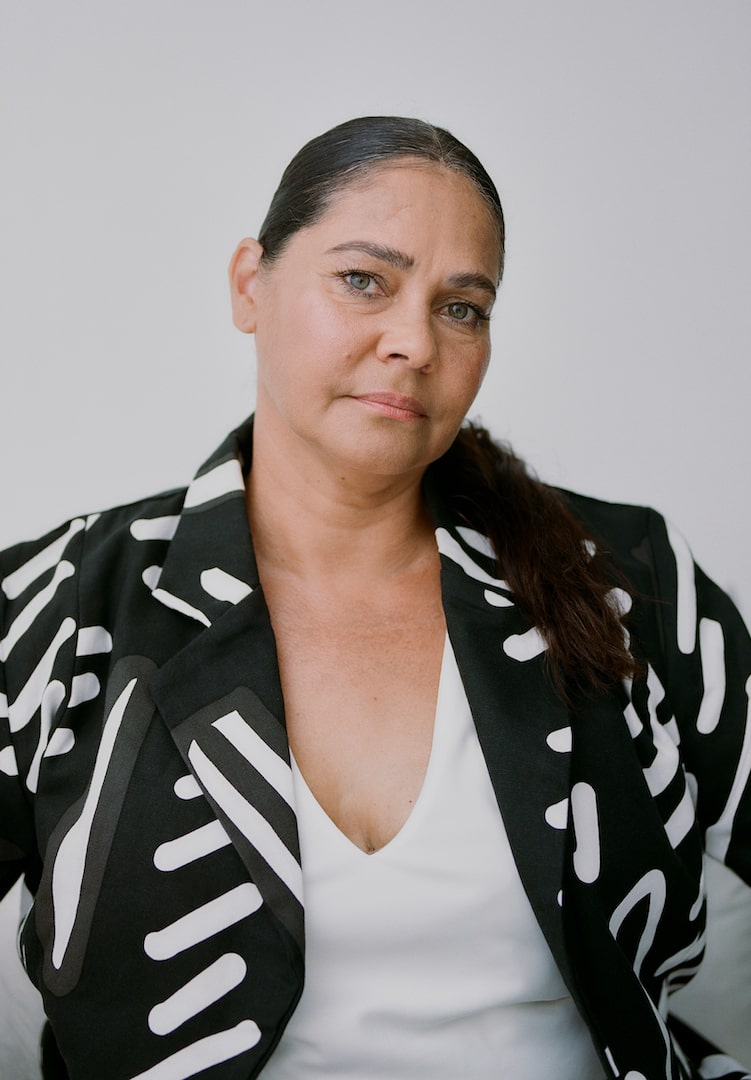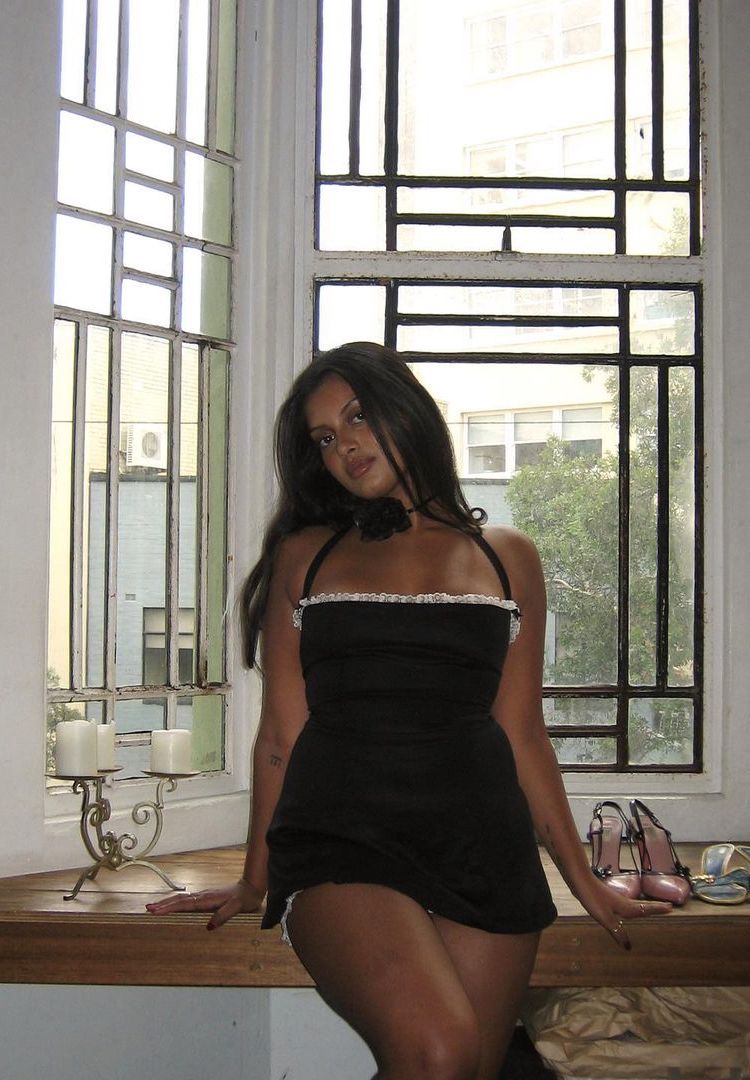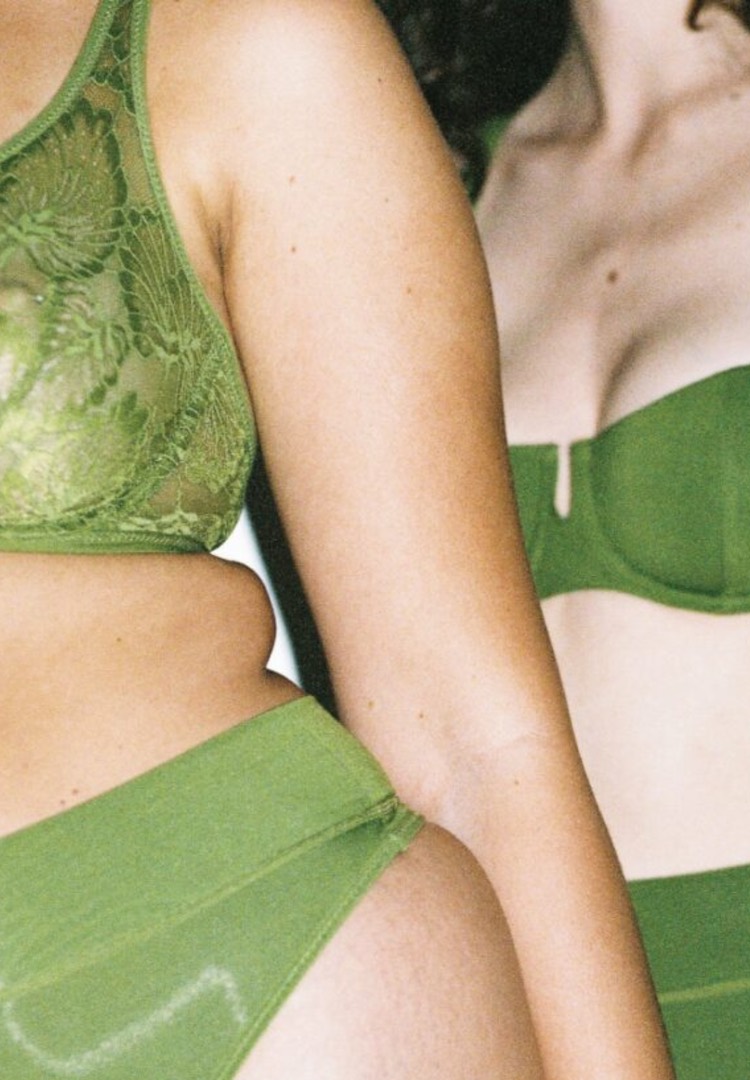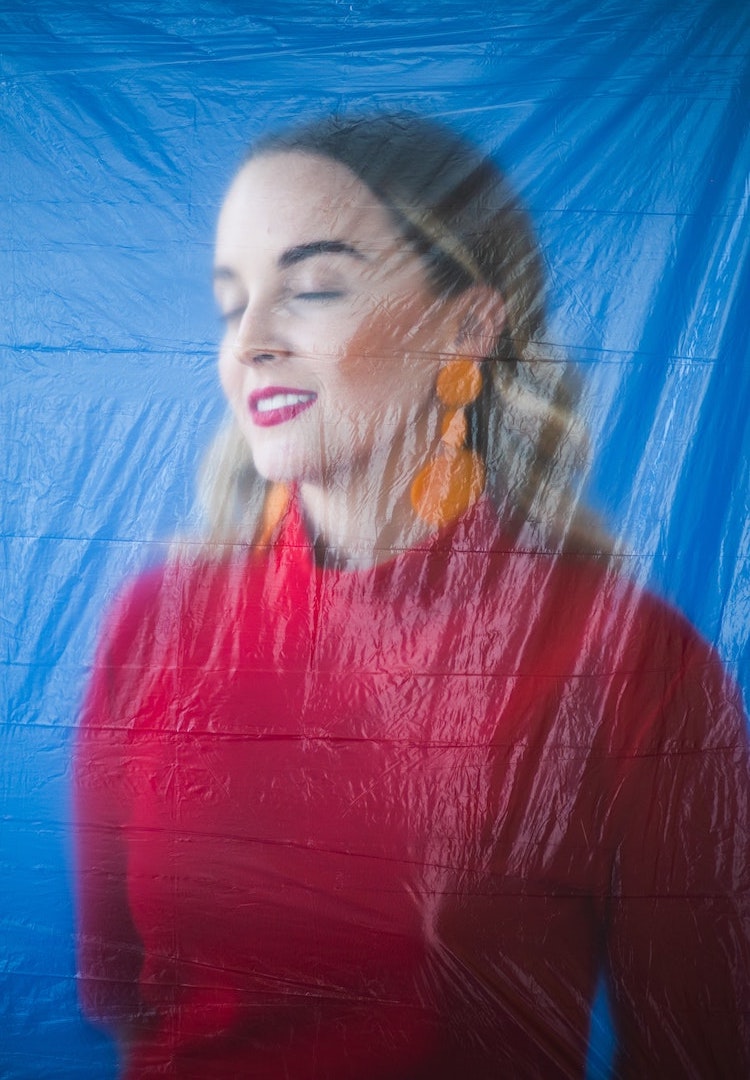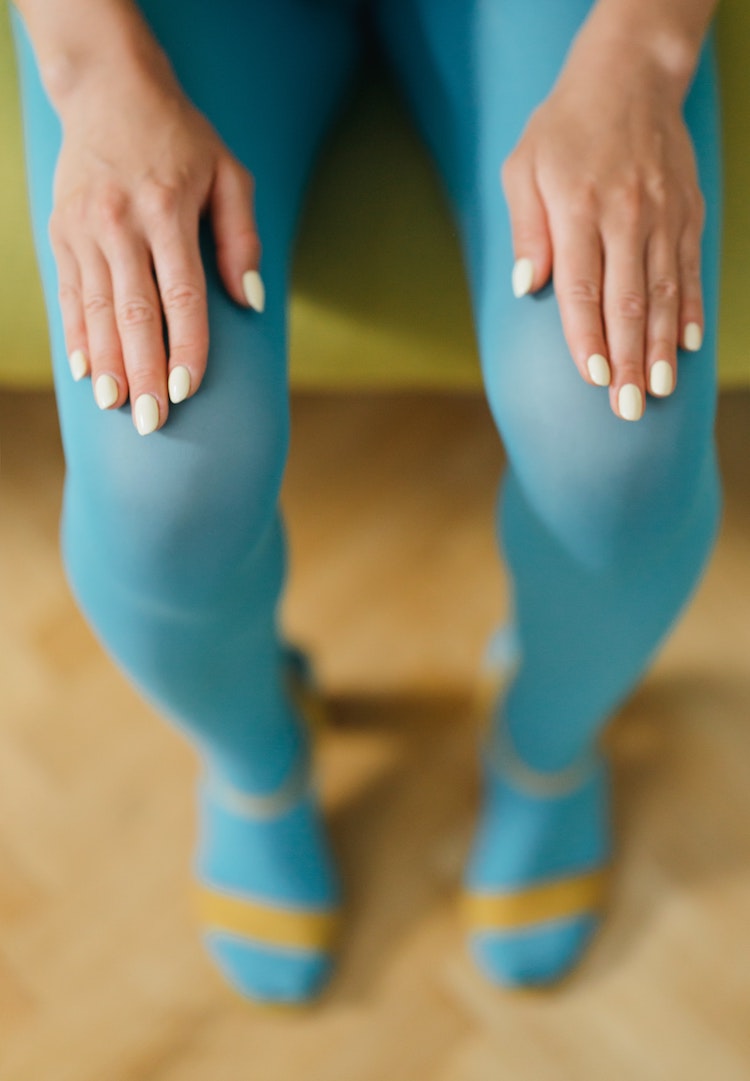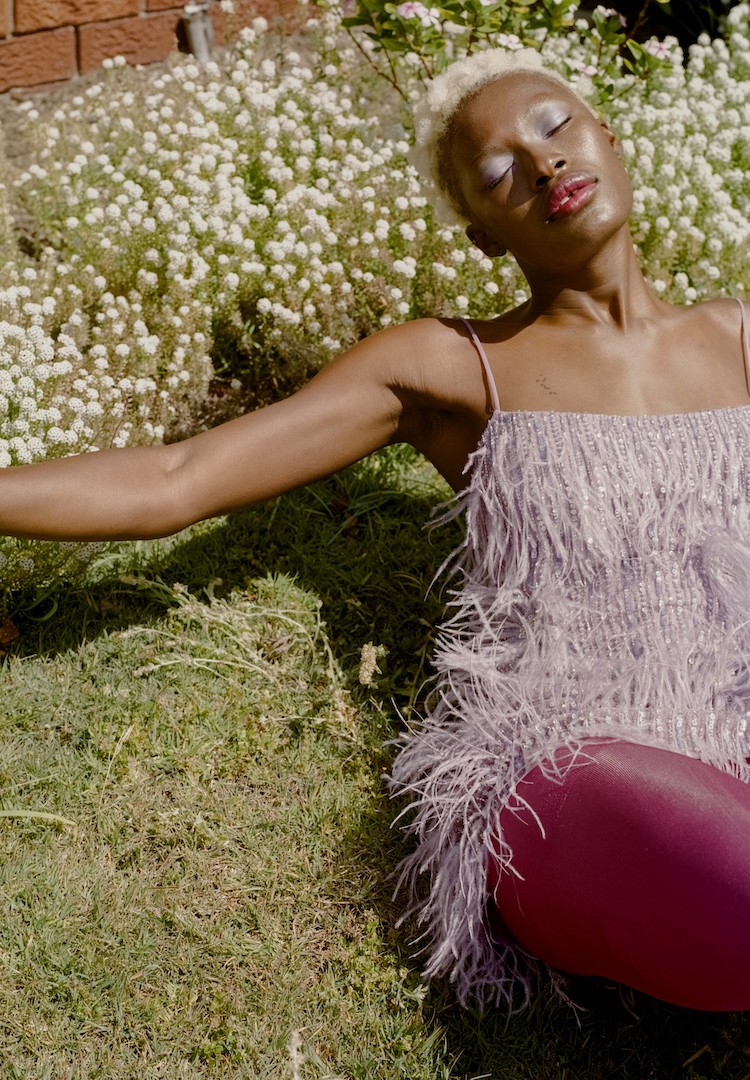Lululemon worker ‘beatings’ expose a problem with fashion media
Image via Unsplash
Words by Bianca O’Neill
Business as usual.
Yet another brand has fallen prey to its own love of cheap labour this week. The Guardian has reported that multiple women in one of Lululemon’s Bangladeshi factories allege they were subjected to incredibly poor working conditions, including verbal and physical abuse, as well as long hours for very little pay.
Haven’t heard much about this story, even though it’s been out for a week? Well, I’m not surprised – it seems much of the fashion media have ignored the news, with quick searches on Elle Australia, Harper’s Bazaar Australia, Vogue Australia, Fashionista and more failing to reveal any coverage on the matter. The latter two, however, have gladly provided coverage for the brand’s new collab – without one mention of the controversy.
It’s a poor reflection of the fashion industry’s lack of interest in hearing about the real cost of their clothing. While women’s magazines use cover taglines like, ‘Our five favourite ethical brands you can shop right now!’ to pay lip service to what is a real and frighteningly widespread issue concerning human rights, they also turn a blind eye to brands consistently implicated in these atrocities.
The wider fashion industry, it seems, is no better. Earlier this year, Reuters visited a raft of Bangladeshi factories six years after the deadly Rana Plaza collapse (in which more than 1,100 workers died), to find that support from international brands was severely lacking.
Heavy pressure was placed on these factories to make improvements in the safety and welfare of their staff – and yet, many multinationals at the same time refused to pay any more for their garments to be manufactured following the upgrades.
“While we have had to invest … the prices [of production] have not gone up,” Rubana Huq, the president of the Bangladesh Garment Manufacturers and Exporters Association, told Reuters. “We have mostly become cash-strapped.”
Kalpona Akter, founder and head of the Bangladesh Centre for Worker Solidarity, also warned Reuters of the worsening conditions for workers in the country. “There is so much … competition [between factories], the price for producing clothes keeps going lower and that’s harmful for workers,” she said.
It’s another disaster waiting to happen. Building collapses, long hours, little pay – and now worker beatings and abuse? Unfortunately, with up to 80% of garment workers in Bangladesh being women and often being paid as little as 45c an hour for their work, this has arguably become a women’s rights issue as well.
This latest news has undeniably struck a blow to the activewear company, which spends a lot of time and money on promoting women’s empowerment. lululemon’s most recent investment in wellness efforts saw USD$1million poured into an initiative to teach deep breathing and yoga practice to UN staff and aid workers.
So, the big question is: if they can dedicate this much money to help UN staff achieve mindfulness, why can’t they pay their garment workers more? And why can’t they ensure they are working in a safe environment?
In the same week as this latest news broke on The Guardian (and a Lululemon spokesperson announced that they have launched an investigation into the allegations of abuse), the brand was also promoting its collaboration with fashion label Roksanda Ilinčić. It’s bad timing to say the least – particularly when quotes like this show up in an interview:
“Now more than ever women are pushing boundaries, so I always want women to feel empowered and protected in these garments,” said Senior Vice President of Women’s Design at Lululemon, Audrey Reilly, told the magazine. “Like a coat of armour wrapped around them to take them through the day to night and now also into the gym or yoga studio.”
It’s a tone-deaf quote coming from a senior member of the Lululemon team – to wax lyrical about women’s empowerment as they knowingly pay their female workers in Bangladesh as little as the cost of one pair of leggings per month.
Perhaps a real coat of armour is in order instead. At least then their Bangladeshi workers might get some use out of it.
Follow Bianca’s fashion commentary over at @bianca.oneill.


